As a seasoned Veggie Gardener, I can attest to the fact that gardening can be an excellent way to save money while growing your own food. Where it costs you money, is when it becomes your hobby. However, there was a reason our grandparents grew some food at home, and that was because they had to, in order to get ahead financially.
Having a Veggie Patch can save a significant amount of money, once the initial setup costs have been taken into account. In addition to saving money, gardening can be a relaxing and enjoyable hobby that provides a sense of accomplishment and satisfaction.
Many people are intimidated by the idea of starting a garden, but it's easier than you might think. With a little bit of knowledge and preparation, you can start a garden and begin reaping the benefits of growing your own food.
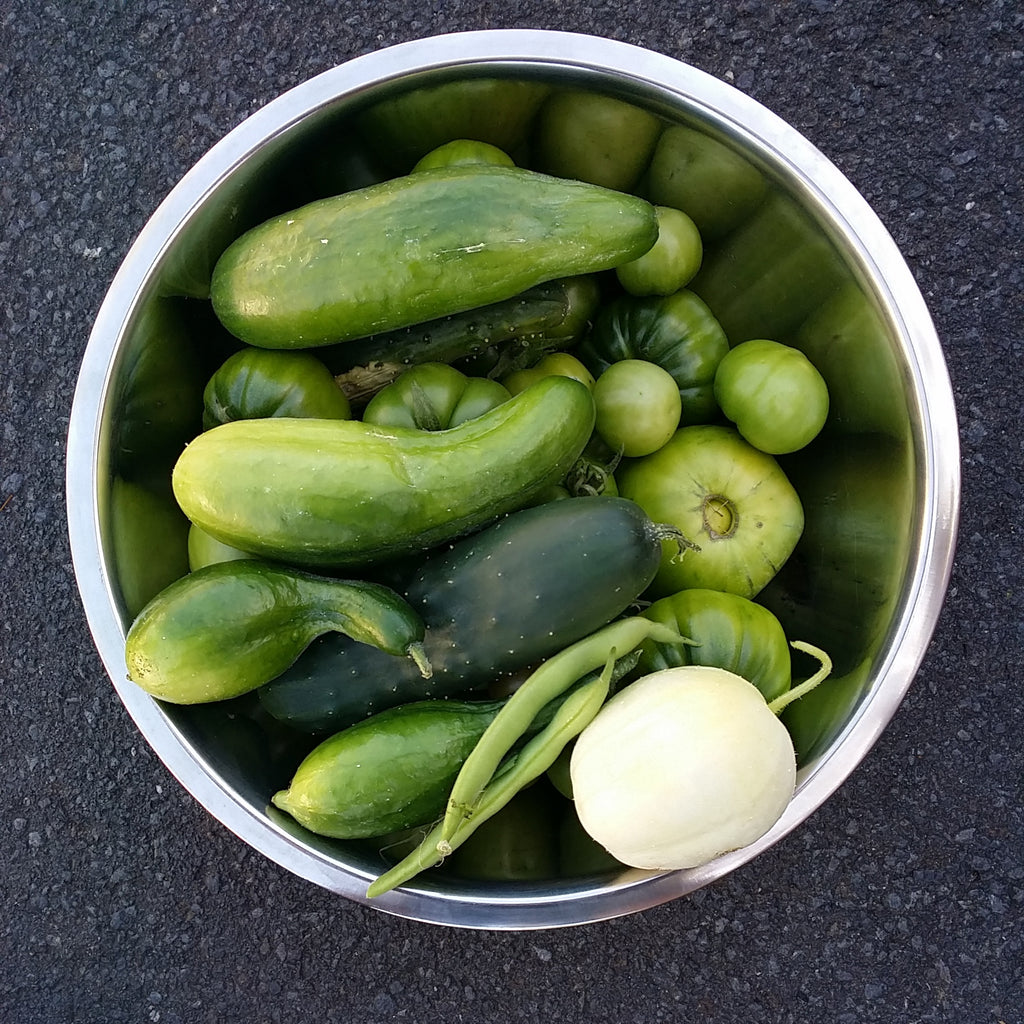
How Gardening Can Save You Money
The cost of fresh produce can add up quickly, especially if you're buying organic. By growing your own vegetables and herbs, you can save a significant amount of money on your grocery bill. The amount of money you can save by growing your own food depends on several factors, including the size of your garden, the types of vegetables and herbs you grow, and the cost of produce in your area. The amount of money you can save by growing your own food varies depending on where you live and the types of vegetables and herbs you grow.
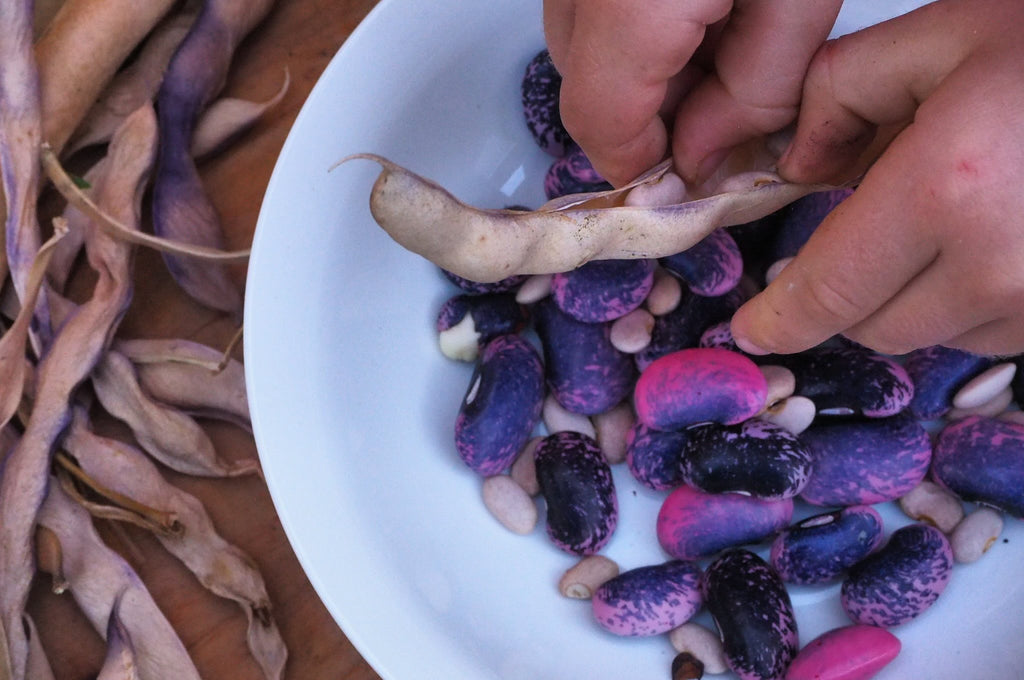
Factors That Impact How Much Money You Can Save by Growing Your Own Food
Several factors can impact how much money you can save by growing your own food. The first factor is the size of your garden. The larger your garden, the more money you can save. However, it's essential to start small and gradually expand your garden to avoid becoming overwhelmed.
The second factor is the types of vegetables and herbs you grow. Some vegetables and herbs are more expensive to buy than others. For example, growing your own herbs can save you a significant amount of money, as they are often expensive to buy at the grocery store. On the other hand, growing your own carrots may not save you as much money, as it's relatively inexpensive to buy. So it is about being smart with your plant selection and choosing fewer varieties of vegetables that give a good return on investment, like lettuce.
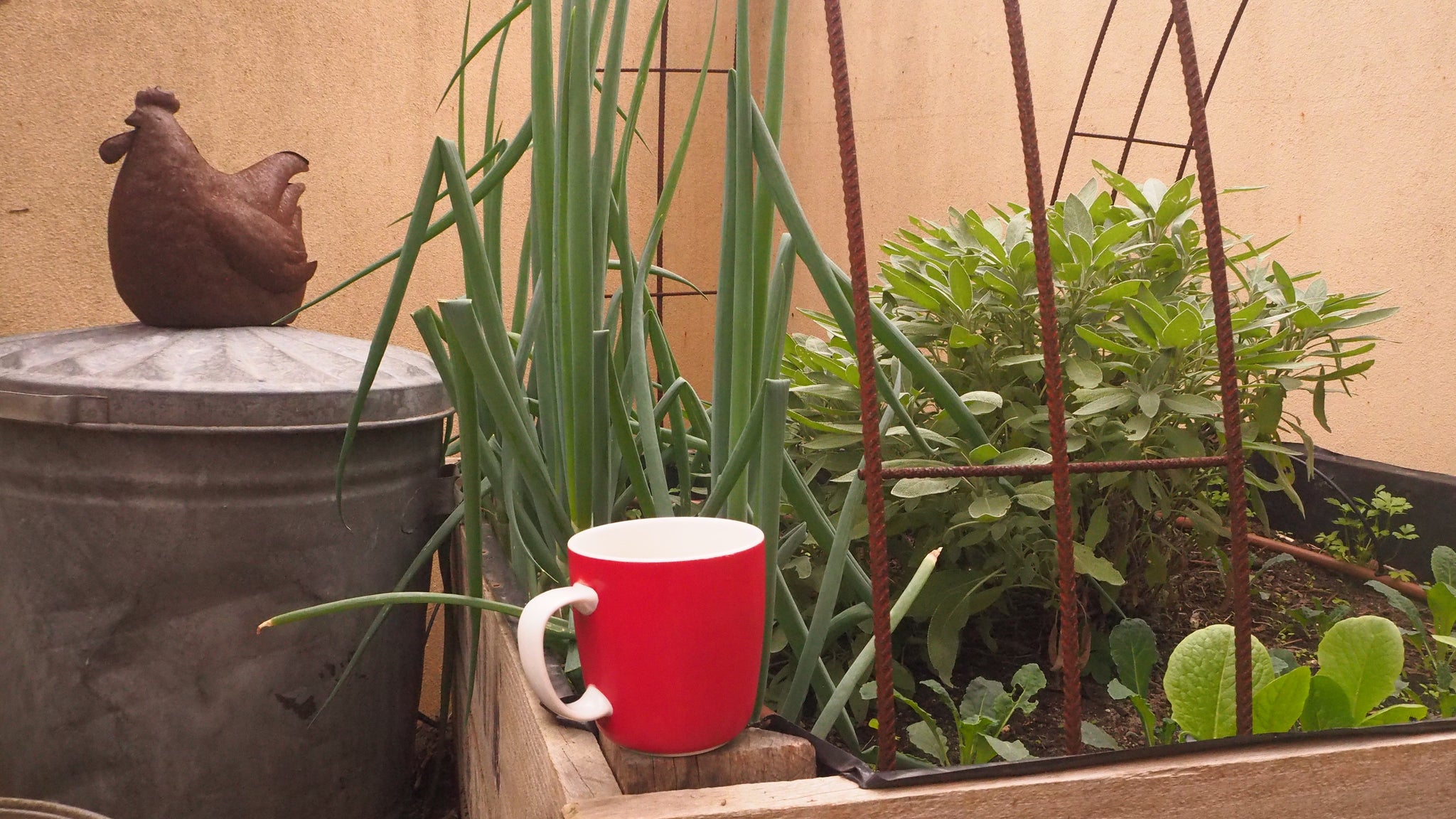
Is It Worth Growing Your Own Vegetables?
The answer to this question depends on your goals and lifestyle. If you're looking to save money on your grocery bill and enjoy fresh, homegrown produce, then growing your own vegetables is definitely worth it. However, if you don't have the time, space, or inclination to start a garden, then it may not be worth it. Like all things in life, you get out of it, what you put in. One way to determine if it's worth growing your own vegetables is to start small and see how it goes. Start with a few easy-to-grow vegetables and herbs, such as tomatoes, cucumbers, and peppers. If you enjoy gardening and find that it's a cost-effective way to provide fresh produce for your family, then you can gradually expand your garden.
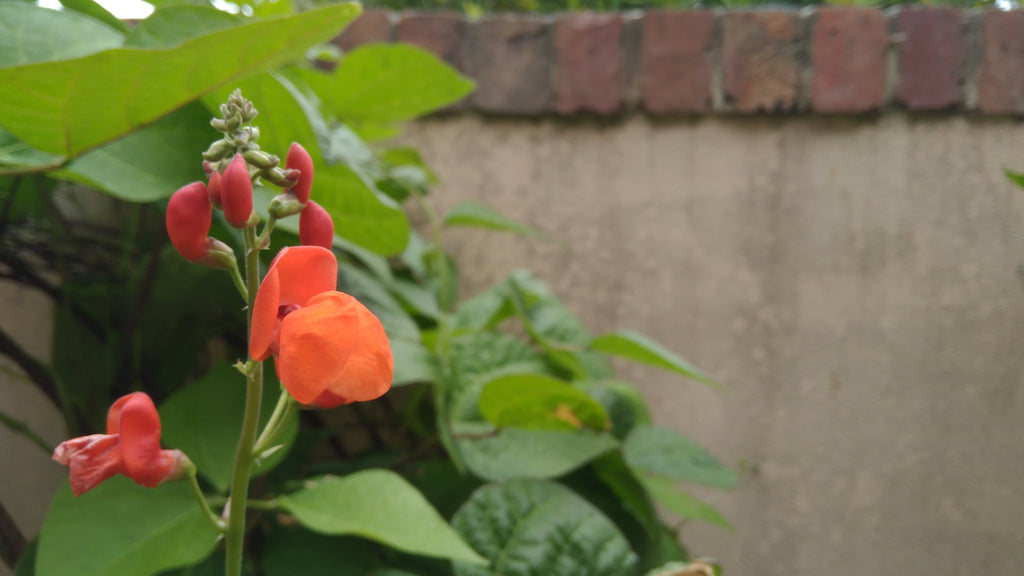
How to Get Started with Gardening for Savings
Getting started with gardening for savings is relatively easy. The first step is to decide what space you are working with. You can start a traditional garden in your yard, or you can start a container garden on your balcony or patio. I suggest that everyone starts with growing in pots. That is because it is an easy way to control your inputs. It will cost you more to get started, however, it will give you a few wins, and give you the confidence to grow (pardon the pun). Ultimately it will cost you less to start by digging up the lawn, however, I recommend you start off small.
Next, you'll need to choose the types of vegetables and herbs you want to grow.
It's essential to choose vegetables and herbs that are easy to grow and most importantly, that you and your family will also enjoy eating. No point growing Brussel sprouts, if you don't like 'em!
Next, you'll need to prepare your soil and plant your seeds or seedlings. It's essential to understand that your crops will only be as good as the soil that you are growing in.
Finally, you'll need to maintain your garden by watering, weeding, and fertilising your plants regularly. With a little bit of effort and patience, you'll soon be enjoying fresh, homegrown vegetables and herbs, and posting about it on Instagram.
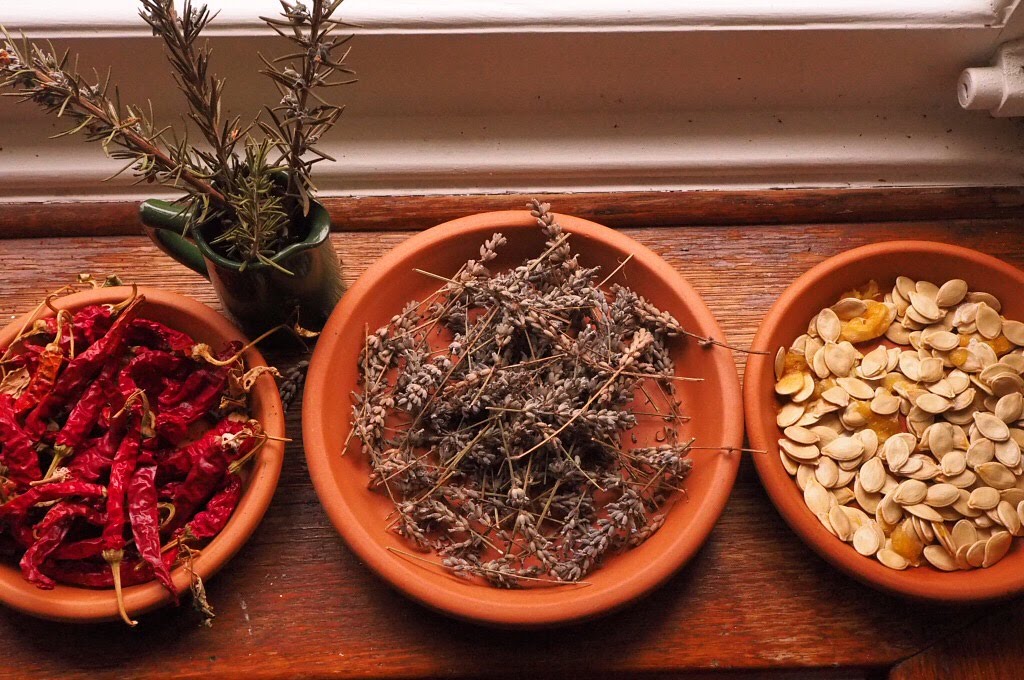
Types of Vegetables and Herbs That Are Easy to Grow and Save Money
Some vegetables and herbs are easier to grow than others and can save you a significant amount of money. Here are some of the easiest vegetables and herbs to grow:
- Tomatoes: Tomatoes are relatively easy to grow and can save you a significant amount of money. They're also versatile and can be used in a variety of dishes. I would stick to cherry tomatoes, like a variety called 'Tommy toe', as these are very high yield, and relatively easy to grow.
- Lettuce: choose a cut-and-come-again variety like 'Salad Bowl Green' is another easy-to-grow vegetable that can save you money. You can go out every night, and pick a few leaves to add to your plate.
- Chilli: chillis are super easy to grow and can add flavour and spice to your meals. easy to pickle and preserve. You can overwinter, meaning that your plant can last up to several seasons, making it very economical.
- Perennial vegetables, like scarlet runner beans. Once these have "bean" planted in a permanent position, they will last up to seven years, producing year after year of protein-rich food.
- Herbs: Herbs such as basil, parsley, and cilantro are easy to grow and can save you money on expensive fresh herbs at the grocery store. And more so, they make all the difference in producing fresh-tasting yummy food!
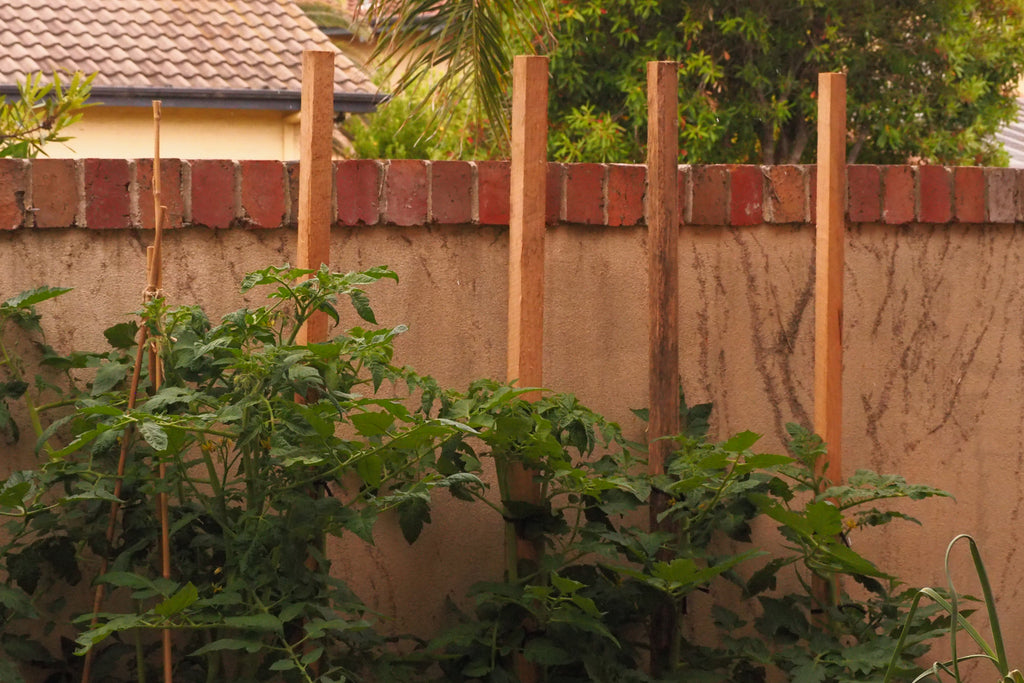
Tips for Maximising Your Gardening Savings
There are several tips you can follow to maximise your gardening savings:
- Start small: Start with a small garden and gradually expand as you gain experience.
- Choose easy-to-grow vegetables and herbs: Choose vegetables and herbs that are easy to grow and that you and your family enjoy eating.
- Preserve your harvest: Preserve your harvest by canning, freezing, or dehydrating your excess produce. I give a heap of my favourite recipes within the Veggie Patch School.
- Share with friends and family: Share your excess produce with friends and family to avoid waste and build community.
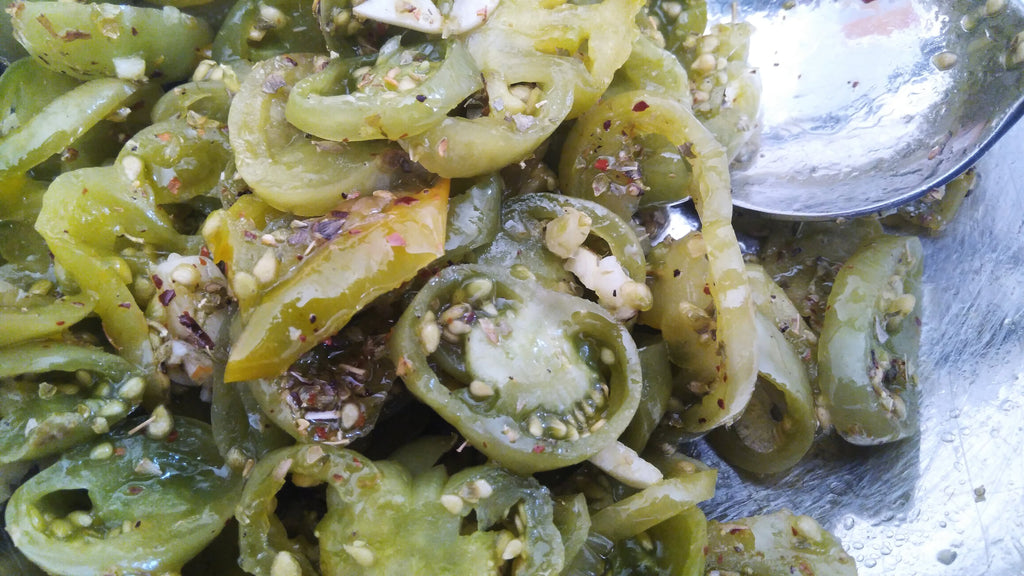
How to Preserve and Store Your Harvest for Year-Round Savings
Preserving and storing your harvest is an excellent way to save money and enjoy fresh produce year-round. Here are some tips for preserving and storing your harvest:
- Jar it Up!: Canning is an excellent way to preserve your harvest and enjoy fresh produce year-round. I like utilising produce such as green tomatoes, that would otherwise go to waste (or compost, nothing is wasted)
- Freezing: Freezing is a quick and easy way to preserve your excess produce. Broad Beans are great for feeding the soil, then frozen to feed us for the winter soups!
- Dehydrating: Dehydrating your excess produce is an excellent way to create healthy snacks that can be stored for several months. Like the sliced Tangelos for the G&T's
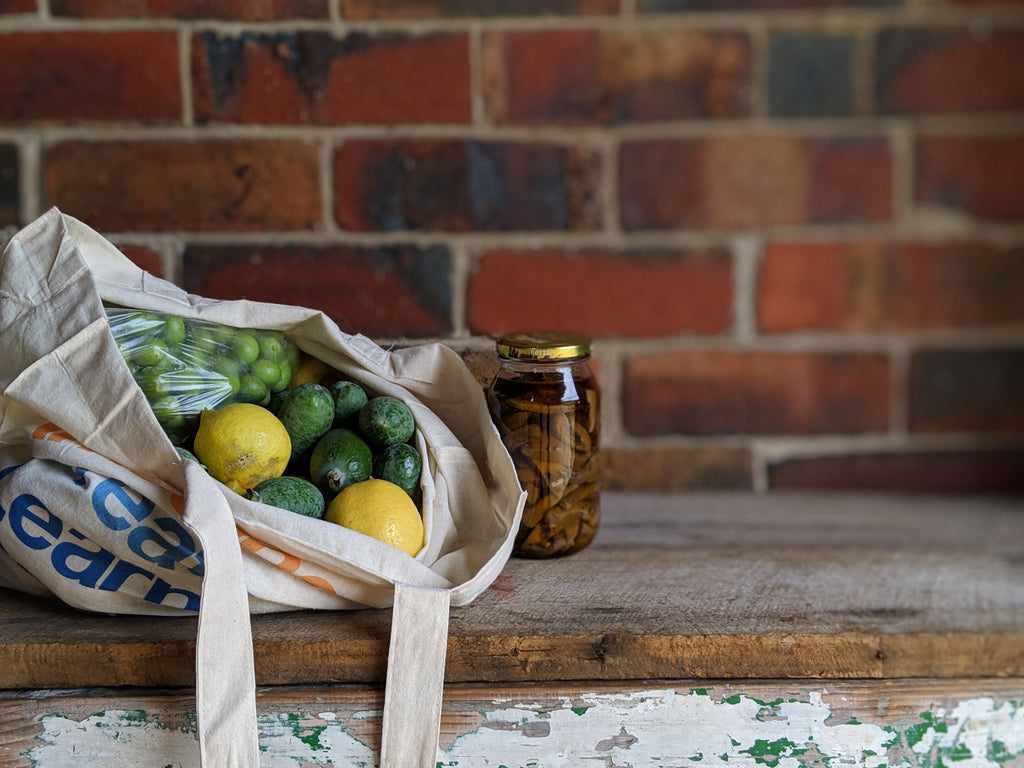
Additional Benefits of Gardening Beyond Savings
Gardening provides numerous benefits beyond savings. Here are some of the additional benefits of gardening:
- Stress relief: Gardening is a great way to relieve stress and improve your mental health.
- Exercise: Gardening is a physical activity that can help you stay active and healthy.
- Connecting with nature: Gardening provides an opportunity to connect with nature and appreciate the beauty of the natural world.
- Building community: Gardening can be a social activity that provides an opportunity to connect with others and build community.
Gardening can be an excellent way to save money while growing your own food. It is very rewarding, and everyone can do it with a little know-how. It's essential to start small, choose easy-to-grow vegetables and herbs, and preserve your harvest to maximise your savings. Additionally, gardening provides numerous benefits beyond savings, including stress relief, exercise, connecting with nature, and building community. So, what are you waiting for? Start gardening today and enjoy the many benefits of growing your own food!
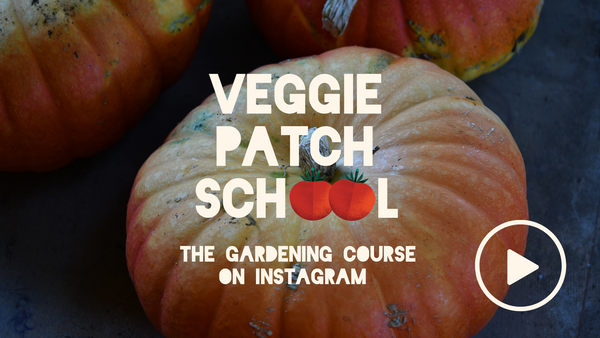
Learn how to grow food at the Veggie Patch School on Instagram.
